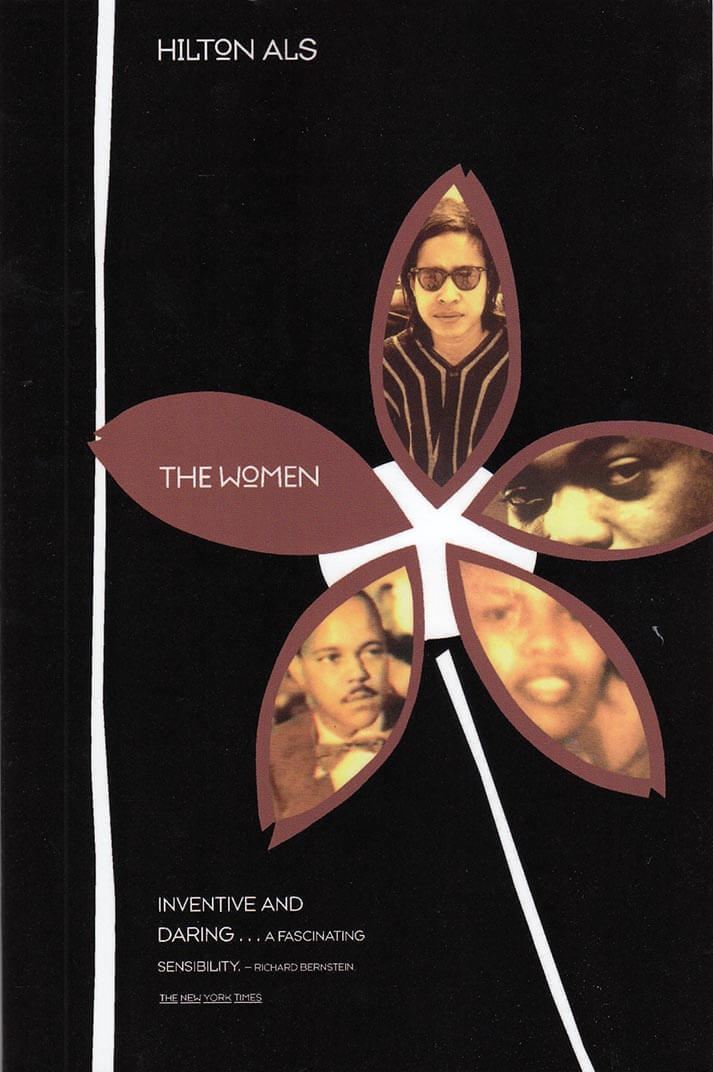Dorothy Dean
Dorothy Dean

Who Are You Dorothy Dean?
The first book devoted to the late African American writer and actress, Dorothy Dean, one of the few prominent African American women of New York City's bohemian heyday, close to Andy Warhol and Robert Mapplethorpe.
This second release from Éditions 1989 features Dorothy Dean's unpublished writing and selected correspondence with Edie Sedgwick, Rene Ricard, and Taylor Mead, among other friends and artists. This volume also includes Dean's transcendent script of an unrealized film starring Factory actor, Ondine.
Lyrical, humorous, political, and brutally honest, Who Are You Dorothy Dean? is a tribute to one of the few prominent African American women of New York City's bohemian heyday.
Dorothy Dean (1932-1987) was an African American writer and actress. She entered the 1960s New York underground scene and quickly became one of its key, if overlooked, figures, starring in six of Andy Warhol's films and inspiring the likes of Robert Mapplethorpe and Robert Creeley. Presumably the first woman ever hired as fact-checker at The New Yorker, Dean held brief editorial and proofreading positions at publications such as Vogue before launching her very own bulletin of film reviews, the All-Lavender Cinema Courier, in 1976.
Edited by Anaïs Ngbanzo.
Texts by Dorothy Dean, Edie Sedgwick, Robert Creeley, Gerard Malanga, Rene Ricard, Taylor Mead, et al.
Translated from the English (American) by Rachel Valinsky.
And more

The Women
The women is at once a memoir, a psychological study, a sociopolitical manifesto, and an incisive adventure in literary criticism.
It is conceived as a series of portraits analyzing the role that sexual and racial identity played in the lives and work of the writer's subjects: his mother, a self-described "Negress," who would not be defined by the limitations of race and gender; the mother of Malcolm X, whose mixed-race background and eventual descent into madness contributed to her son's misogyny and racism; brilliant, Harvard-educated Dorothy Dean, who rarely identified with other blacks or women, but deeply empathized with white gay men; and the late Owen Dodson, a poet and dramatist who was female-identified and who played an important role in the author's own social and intellectual formation.
Hilton Als submits both racial and sexual stereotypes to his inimitable scrutiny with relentless humor and sympathy. The results are exhilarating. The Women is that rarest of books: a memorable work of self-investigation that creates a form of all its own.